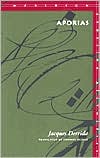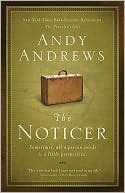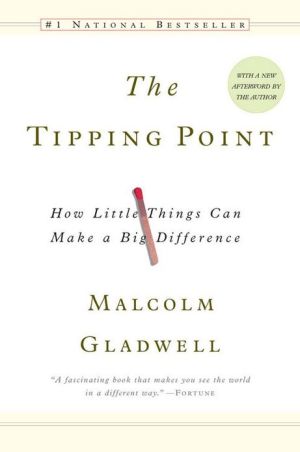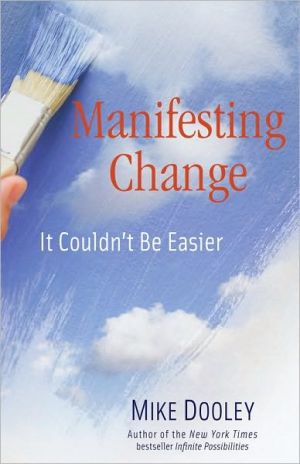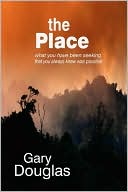Aporias
"My death--is it possible?" That is the question asked, explored, and analyzed in Jacques Derrida's new book. Focusing on an issue that has informed his work for the last 30 years, Derrida stakes out a new frontier, at which the debate with his work must take place from now on.
Search in google:
Derrida’s new book bears a special significance because it focuses on an issue that has informed the whole of his work up to the present. One of the aporetic experiences touched upon is that “my death” can never be subject to an experience that would be properly mine, that I can have and account for, yet that there is, at the same time, nothing closer to me and more properly mine than “my death.” Library Journal In this brief but dense book, the French philosopher examines the meaning of death. He proceeds, as usual, by minute examination of texts, beginning with Diderot and Cicero but soon moving to his favorite, Heidegger. Since one cannot experience one's death, dying must be viewed as a limiting concept, Derrida argues. This leads him to compare it with other boundaries between concepts and with political borders. Death straddles the gap between nature and culture, and its peculiar qualities enable Derrida both to continue and to challenge philosophy in the style of Heidegger, whose analysis of death in Being and Time he compares with the historical account of Phillippe Aries in Western Attitudes Toward Death (Johns Hopkins, 1973) in order to show how philosophy and history relate to each other. This short but powerful dose of Derrida will be of interest to his many admirers.-- David Gordon, Bowling Green State Univ., Ohio
\ From the Publisher"My death--is it possible?" That is the question asked, explored, and analyzed in Jacques Derrida's new book. Focusing on an issue that has informed his work for the last 30 years, Derrida stakes out a new frontier, at which the debate with his work must take place from now on.\ \ \ \ \ Library JournalIn this brief but dense book, the French philosopher examines the meaning of death. He proceeds, as usual, by minute examination of texts, beginning with Diderot and Cicero but soon moving to his favorite, Heidegger. Since one cannot experience one's death, dying must be viewed as a limiting concept, Derrida argues. This leads him to compare it with other boundaries between concepts and with political borders. Death straddles the gap between nature and culture, and its peculiar qualities enable Derrida both to continue and to challenge philosophy in the style of Heidegger, whose analysis of death in Being and Time he compares with the historical account of Phillippe Aries in Western Attitudes Toward Death (Johns Hopkins, 1973) in order to show how philosophy and history relate to each other. This short but powerful dose of Derrida will be of interest to his many admirers.-- David Gordon, Bowling Green State Univ., Ohio\ \
